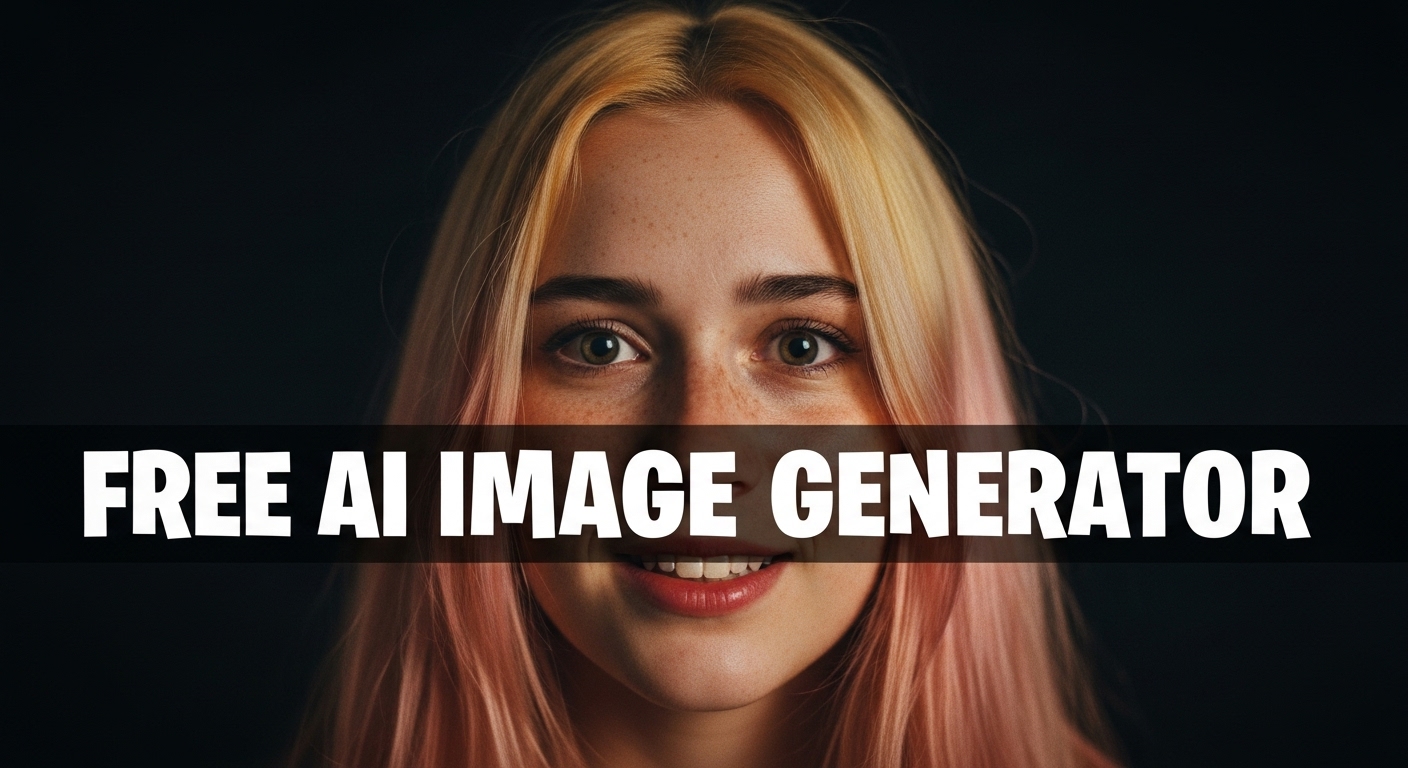Atmospheric Image Generator
Atmospheric Image Generator is a free online tool to generate atmospheric style images. The tool is free to use, just enter prompt in atmospheric style and generate atmospheric image style in seconds similar quality to flux, midjourney, open ai, imagen, nano banana AI image quality.
Generate Atmospheric AI Image for Free
What is a atmospheric Generator?
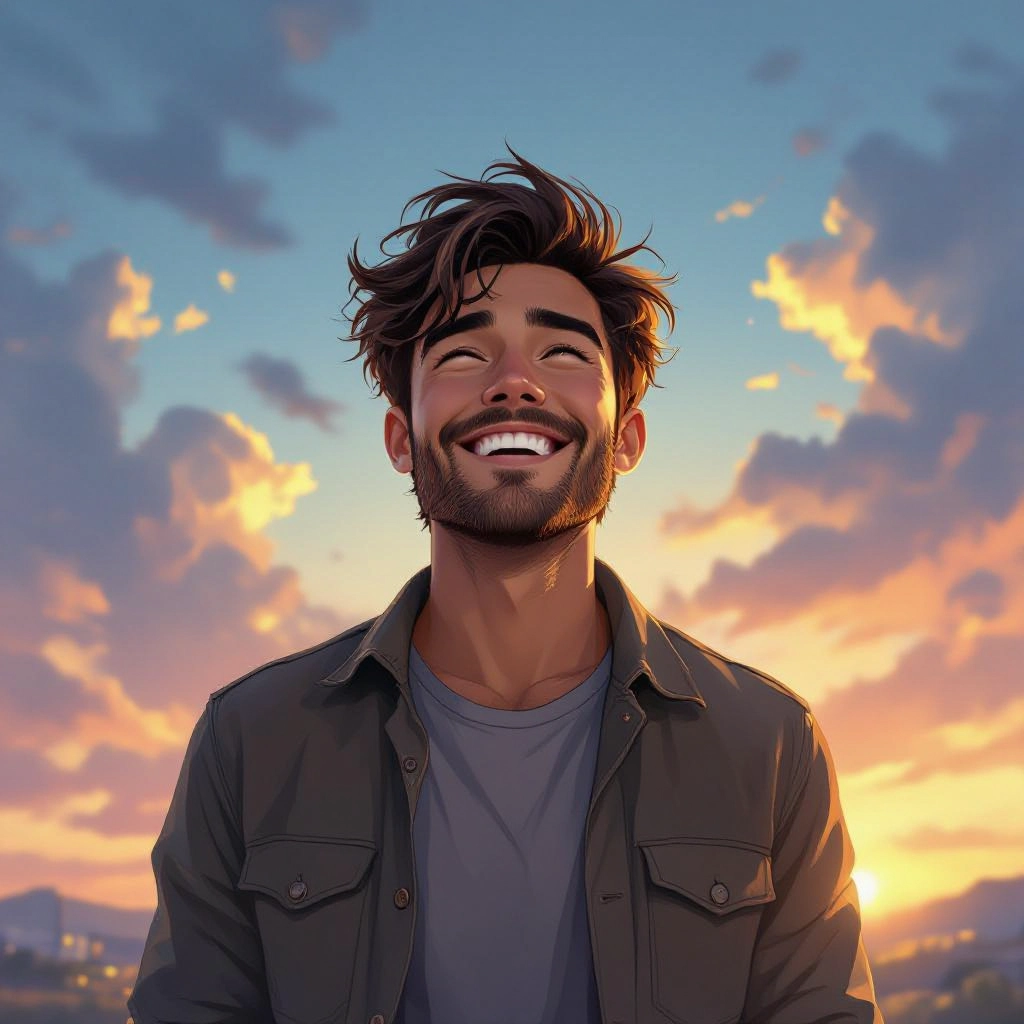
An atmospheric generator is an AI-powered image tool specialized in producing mood-driven visuals that emphasize light, depth, and air. Instead of focusing solely on subject detail, this generator models environmental factors such as volumetric lighting, haze, particulate scattering, and cinematic color grading to create scenes with palpable atmosphere and emotional tone.
Photographers, concept artists, game designers, and marketers use an atmospheric generator to prototype scenes, craft mood boards, or enhance visual storytelling. It is ideal for anyone who needs images with convincing environmental depth, fog layers, soft rim light, or dramatic skies without manual compositing. The generator speeds creative workflows while preserving artistic nuance specific to atmospheric styles.
How to Create atmospheric Images
Start by writing a concise prompt that emphasizes mood, light sources, and atmospheric elements such as fog, mist, dust, or smoke; specify times of day and color palettes like cool dawn blues or warm golden hour tones. Next, choose or tweak parameters for volumetric lighting, contrast, and depth falloff to control how light interacts with particles and surfaces. Finally, refine with iterative variations: adjust seed, increase detail for foreground subjects, and apply cinematic color grading or grain to lock in the desired mood.
Enter AI Atmospheric Prompt

Type your atmospheric character or scene description in the prompt box. Include details like character appearance, clothing, expressions, and setting to get better AI atmospheric results.
Choose AI Model Settings
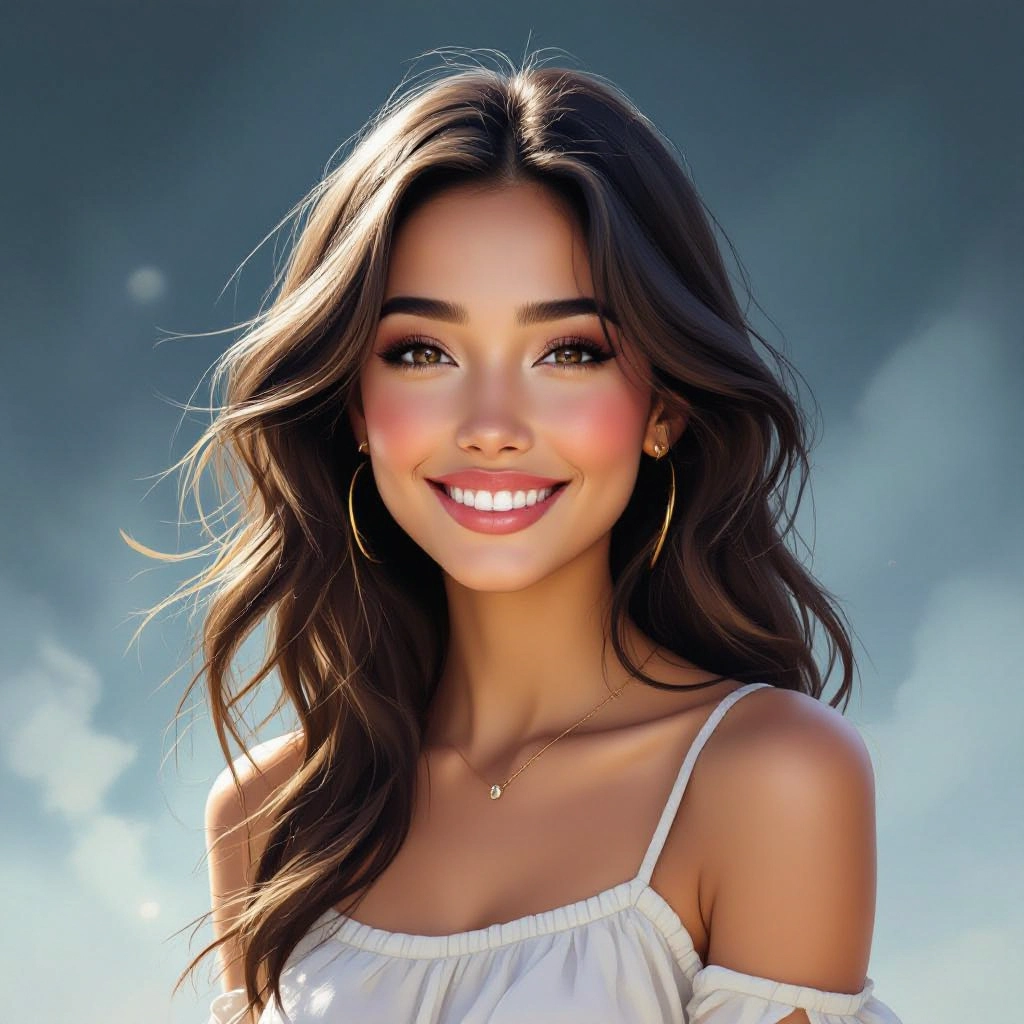
Select your preferred image size and aspect ratio. Our AI model delivers professional quality comparable to:
- • Flux AI Quality
- • Midjourney Standard
- • OpenAI DALL-E
- • Google Imagen
Download AI Atmospheric Image
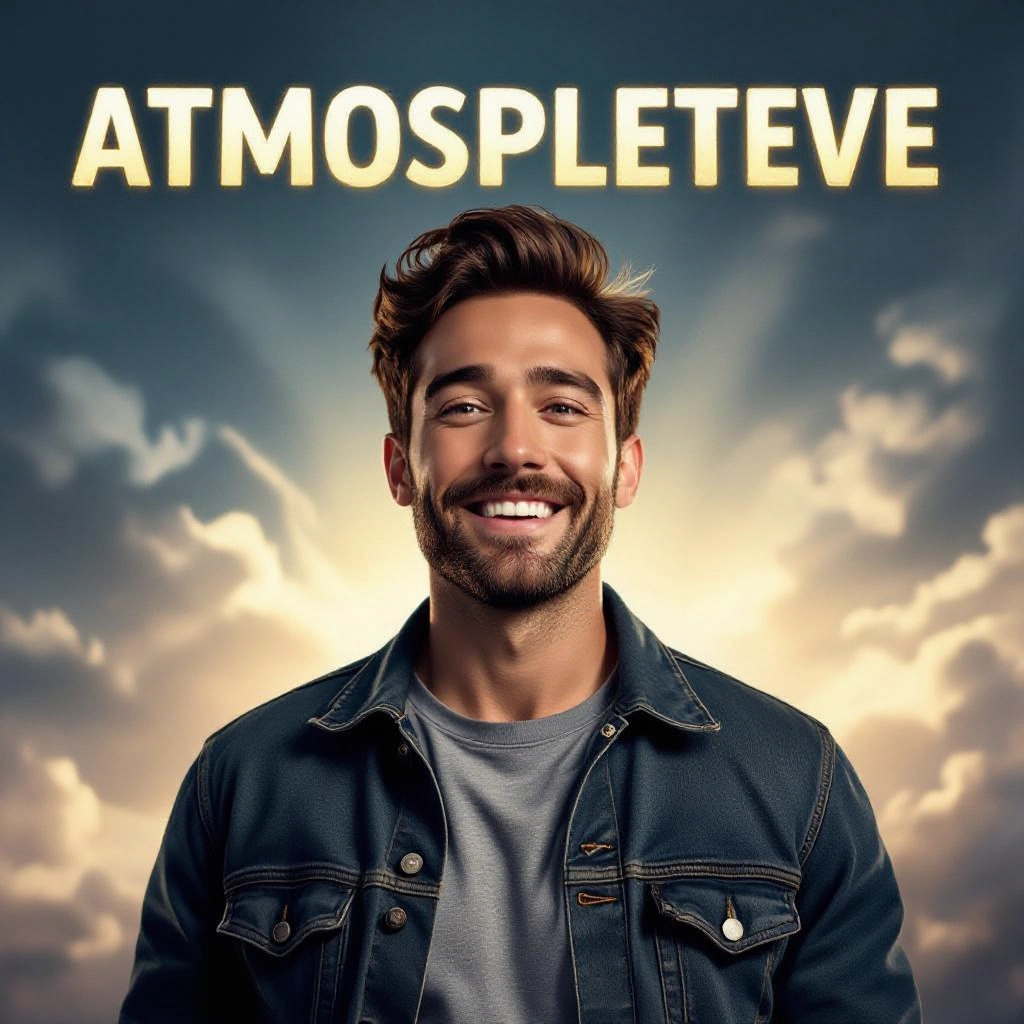
Once your AI atmospheric image is generated, click the download button to save it to your device. The image will be in high quality format ready for use.
Features of AI atmospheric Image Generator
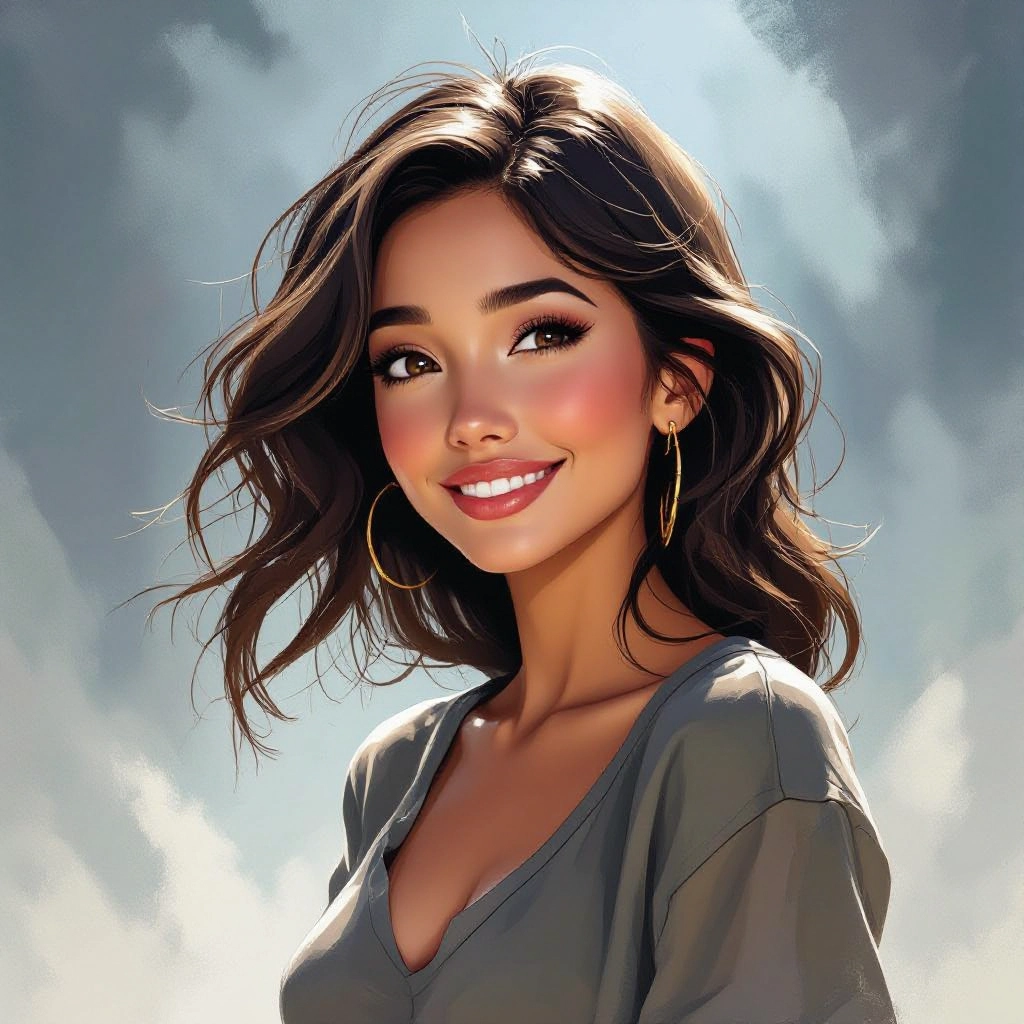
Volumetric Lighting Control
Fine-tune beam density, light scatter, and directional shafts to simulate sunlight through fog, god rays over mountains, or soft ambient glow in interiors, delivering realistic atmospheric illumination.

Fog, Haze, and Particle Engine
Layer multiple fog and haze bands with adjustable density, altitude, and particle size to craft environments from thin morning mist to heavy coastal haze, including dust motes and suspended rain effects.
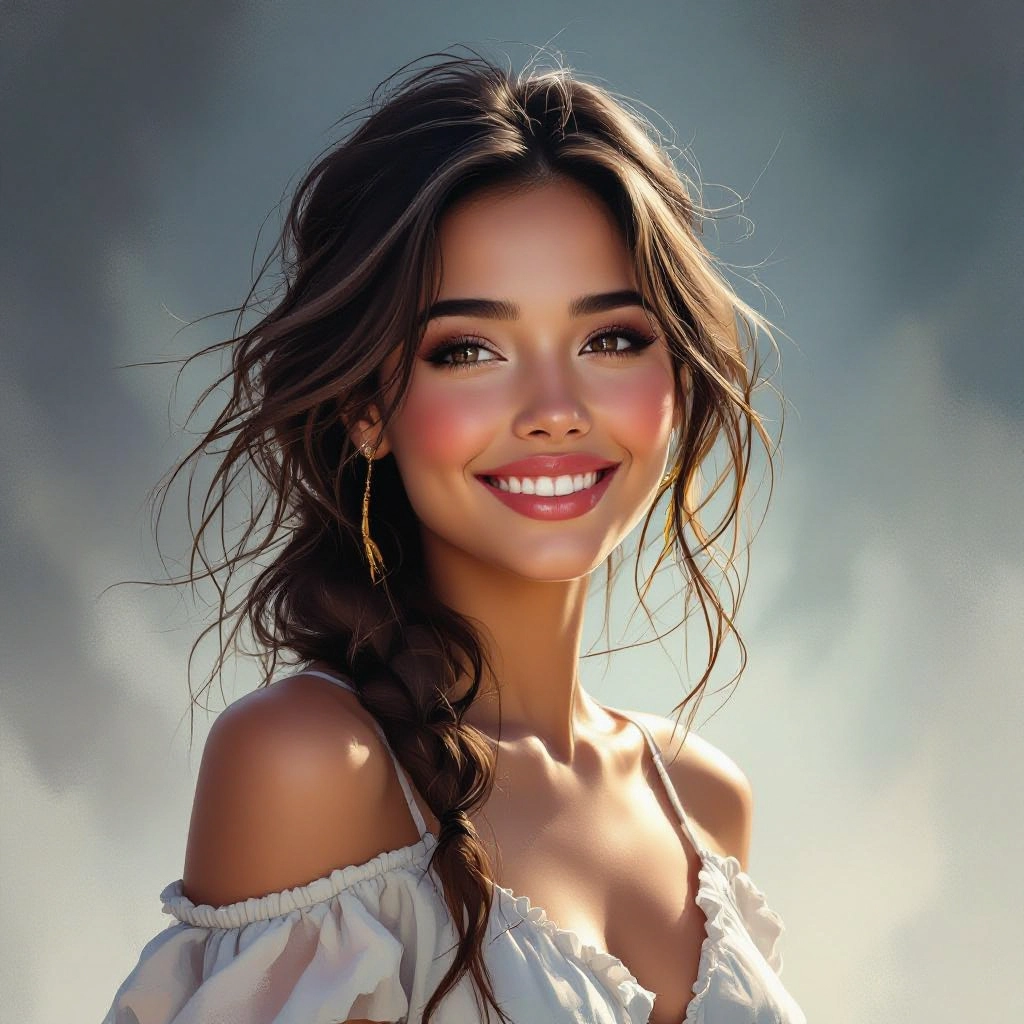
Cinematic Color Grading
Built-in palettes and manual controls allow precise shifts in temperature, tint, contrast, and filmic curves so you can achieve teal and orange looks, muted archival tones, or moody monochrome atmospheres.

Depth and Parallax Mapping
Automatic depth estimation and parallax mapping enhance perceived distance by softening distant layers, sharpening foreground detail, and creating convincing spatial separation for layered compositions.
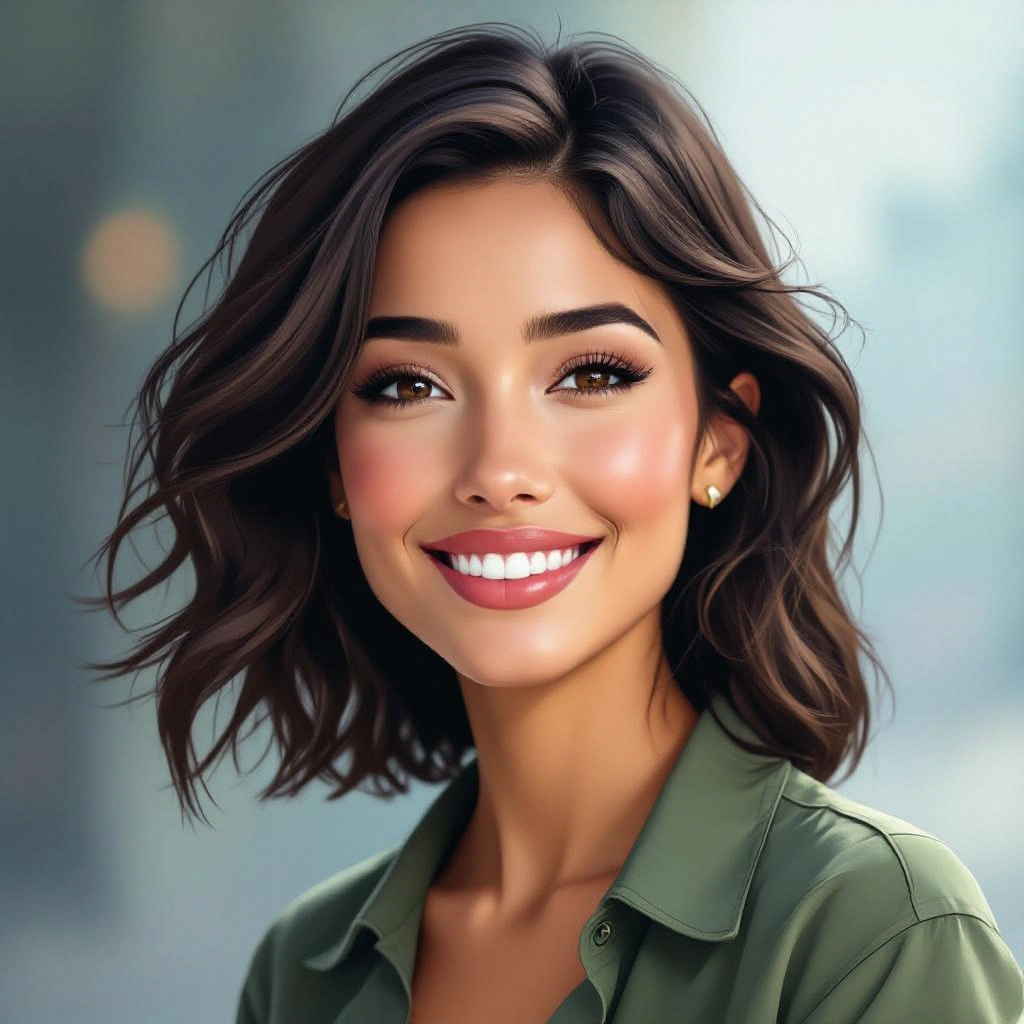
Texture, Grain, and Film Simulation
Add controllable film grain, sensor noise, lens artifacts, and subtle texture overlays to unify elements and produce tactile, analog-feeling atmospheric images that read as authentic rather than synthetic.
Types of AI Powered Atmospheric Style Images
Atmospheric styles vary by light, density, and emotional tone. Below are focused variations you can generate to match creative briefs, from cinematic landscapes to intimate misty portraits.
Cinematic Fogscape
Wide-angle vistas with layered fog, backlit ridgelines, and soft rim lighting for epic, film-like terrain shots emphasizing scale and mood.
Nocturnal Neon Glow
Urban night scenes with wet streets, neon reflections, and light diffusion through mist for moody cyberpunk or noir compositions.
Misty Forest Portrait
Intimate woodland images with low cloud banks, dappled shafts of sunlight, and muted color grading that place subjects within a soft, immersive atmosphere.
Arctic Haze
Cold, diffuse light with shallow contrast, drifting snow particles, and pale color palettes to convey silence, isolation, and crisp air quality.
Urban Rainlight
Rain-slicked streets, reflections, and thin haze combined with directional light to produce dramatic, reflective urban atmospheres.
Surreal Atmospheric Abstraction
High-contrast fog layers, colored volumetric light, and exaggerated depth cues for dreamlike, painterly scenes that emphasize mood over realism.
Applications of AI atmospheric image style
Concept Art for Film and Games
Rapidly generate mood boards and environment concepts with specific atmospheric conditions to guide production design and lighting direction.
Marketing and Advertising Visuals
Create emotionally resonant hero images with cinematic atmosphere for posters, banners, and social campaigns that need immediate visual impact.
Book Covers and Editorial Illustration
Design covers with evocative skies, foggy horizons, or mysterious backlight that set a tone for fiction and long-form editorial pieces.
Photography Previsualization
Plan shoots by visualizing how different times of day, weather, and haze levels will affect composition and lighting for location scouting and lighting rigs.
Game Environment Textures
Produce layered background art and skyboxes with believable atmospheric scattering to enhance immersion in 2D and 3D game worlds.
Social Media Content with Mood
Generate stylized images tailored to brand voice or seasonal campaigns that use atmosphere to increase engagement and visual cohesion.
FAQs about AI atmospheric image generator
How do I write prompts for stronger atmosphere?
Be descriptive about environmental factors: include time of day, weather, particle types, light direction, and color palette. Example: 'early morning valley with thin golden fog, sun rays through trees, cool blue shadows, filmic grain'. That level of specificity helps the model prioritize atmospheric elements.
Can I control fog density and light shafts independently?
Yes. Use parameters or tokens that target volumetric density and light scattering separately. Increase fog density for thicker atmosphere while maintaining independent control of light intensity and angle to preserve rim lighting or god rays.
What resolution and output formats are available?
The generator supports common resolutions for web and print, including 1920x1080 and 4K outputs. Export formats include PNG for lossless images and JPEG for compressed delivery. Larger resolutions retain atmospheric gradients and particle detail for print-ready results.
Are the generated images suitable for commercial use?
Most generated images can be used commercially, but check the platform terms of service and any provided licensing. If necessary, run additional edits to ensure images meet trademark and model release requirements for commercial contexts.
How do I make atmospheric images look less synthetic?
Introduce natural imperfections like grain, subtle lens flare, and minor color shifts. Add heterogeneous fog bands, vary particle sizes, and avoid overly uniform gradients. Iterative variation and post-processing with filmic curves produce more organic results.
Can I combine atmospheric styles in one image?
Yes. Layering techniques allow combinations such as urban neon haze with light rain or a cinematic fogscape with subtle dust motes. Explicitly describe each layer and use blending parameters to maintain visual coherence between conflicting elements.

Explore All Image Generators
More generators coming soon!
